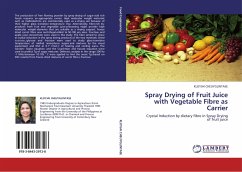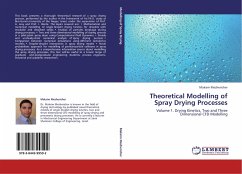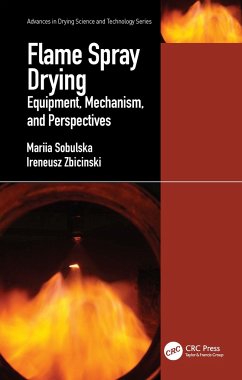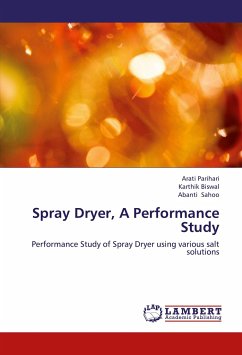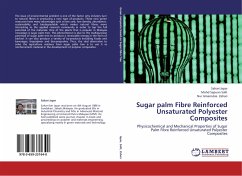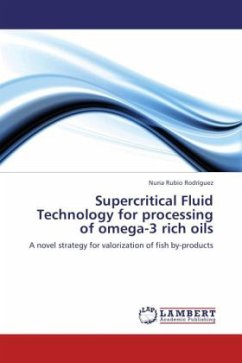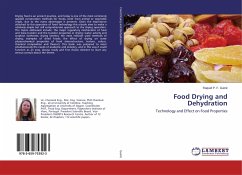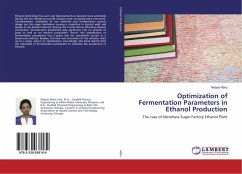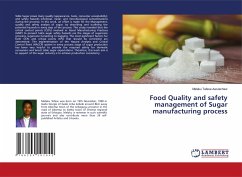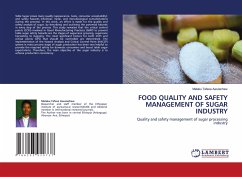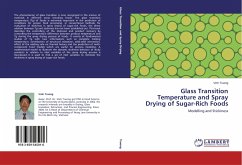
Glass Transition Temperature and Spray Drying of Sugar-Rich Foods
Modelling and Stickiness
Versandkostenfrei!
Versandfertig in 6-10 Tagen
39,99 €
inkl. MwSt.

PAYBACK Punkte
20 °P sammeln!
The phenomenon of glass transition is now recognised in the science of materials in different areas including foods. The glass transition temperature (Tg) of foods is extremely important in the prediction of conditions for proper food processing. In conventional methods for evaluation of stickiness in spray drying of sugar-rich foods, the direct relation between Tg and stickiness has not been established yet. This book describes the controlling of the stickiness and product recovery by controlling the temperature difference between product temperature and Tg during the spray drying process of ...
The phenomenon of glass transition is now recognised in the science of materials in different areas including foods. The glass transition temperature (Tg) of foods is extremely important in the prediction of conditions for proper food processing. In conventional methods for evaluation of stickiness in spray drying of sugar-rich foods, the direct relation between Tg and stickiness has not been established yet. This book describes the controlling of the stickiness and product recovery by controlling the temperature difference between product temperature and Tg during the spray drying process of foods. It consits of fundamental studies of Tg with new informations such as complete melting temperature, contribution of structural relaxation, solid-solid interaction, effect of the melting rate on thermal history and the prediction of multi-component food models which are useful for process modeling. A mathematical model to illustrate the dynamic stickiness behavior of sticky products inrelation to inlet variables of the spray drying process is developed. It is used to find a set of inlet variables to minimize the stickiness in spray drying of sugar-rich foods.





